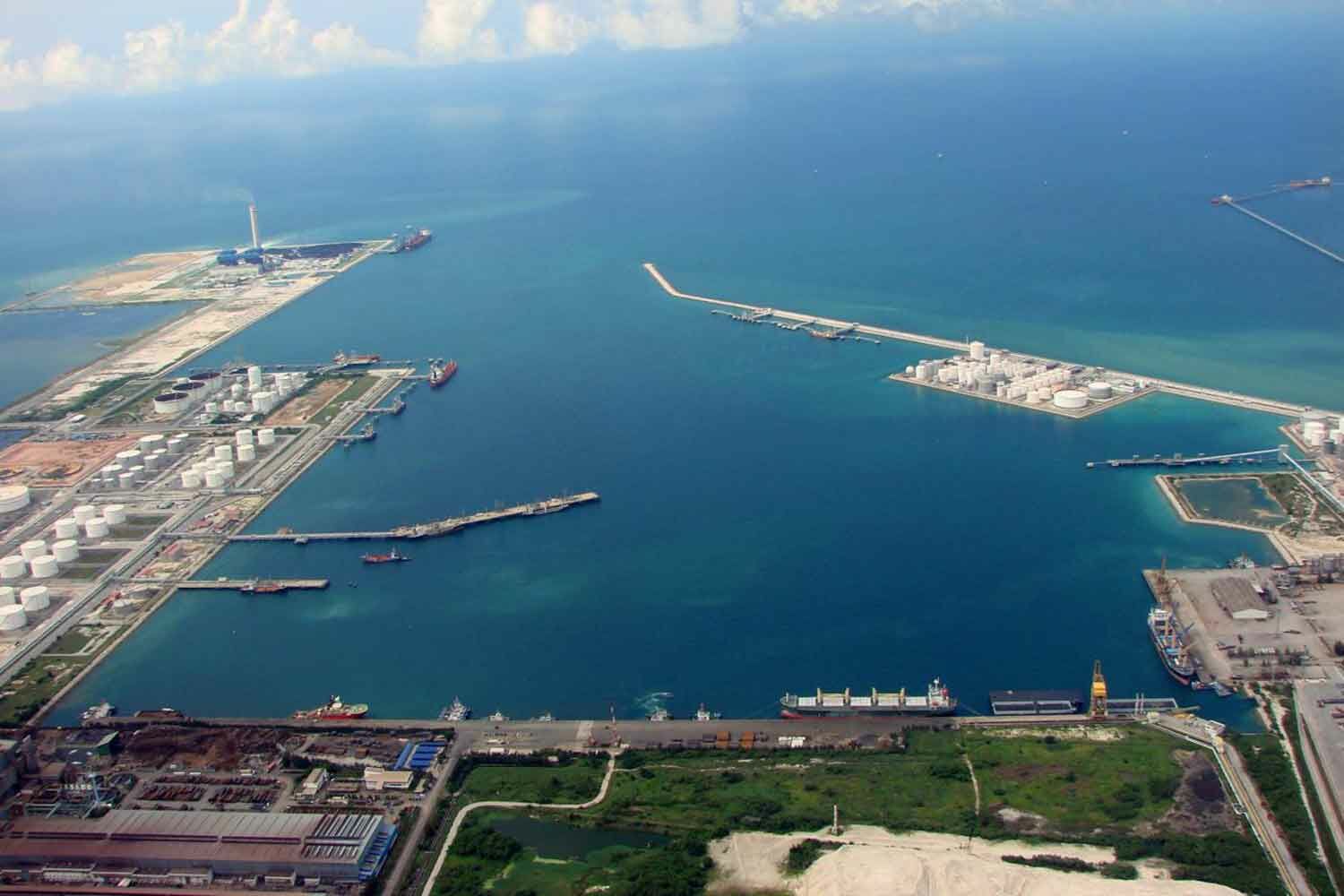Thailand’s Land Bridge project eyed as foreign investment magnet

The Land Bridge project in southern Thailand, a proposal yet to be approved, is being highlighted as a potential boon for foreign investments, akin to the successful Eastern Economic Corridor (EEC). This comparison is drawn by the current government.
The EEC, unlike the proposed Land Bridge, is operational and continues to develop, acting as a high-tech industrial hub drawing investments. The challenge for the government is to maintain support for the EEC while advocating for investment in the Land Bridge project.
Kanit Sangsubhan, ex-secretary-general of the EEC Office, points out that both projects are significant and can complement each other to attract local and foreign investors. The success of the Land Bridge has the potential to draw more investment to the EEC, serving as a gateway to global markets through air and sea transport.
The Land Bridge project involves constructing deep-sea ports in Chumphon and Ranong and linking them with a 100-kilometre expressway and rail network for goods transportation. This could reduce shipping time by two days and facilitate the shipment of goods to markets in India, Southeast Asia, the Middle East, and Europe, reported Bangkok Post.
In addition to reducing logistics costs, the project also offers opportunities for related businesses like international warehouses. Despite the prospective benefits, concerns about the project’s impact on local communities and the environment persist.
EEC expansion
Meanwhile, Chula Sukmanop, secretary-general of the EEC Office, announced plans to increase the value of foreign investment in the EEC to 100 billion baht (US$2.8 billion) annually, up from 70 billion baht (US$1.96 billion), focusing on the digital sector. Cumulative investment in the EEC has totalled 2 trillion baht over the past six years.
However, slower-than-expected development of some key EEC infrastructure could impact the property sector in the three eastern provinces constituting the corridor. Conversely, Phattarachai Taweewong, research and communication director at property consultant Colliers Thailand, is optimistic that the EEC projects will proceed despite delays caused by the pandemic.
Sanan Angubolkul, Chairman of the Thai Chamber of Commerce, emphasises the government’s priority on the EEC development project to attract foreign direct investment. He highlights the potential of the Land Bridge to upgrade Thailand’s competitiveness and economic growth, provided it can attract foreign investor interest.
The EEC continues to be active, with plans to build key infrastructure and invest in high-tech industries, generating new economic value for the country. Despite some delays, several businesses continue to invest in the EEC area, particularly in the electric vehicle (EV) and EV battery industries.
Latest Thailand News
Follow The Thaiger on Google News:


























